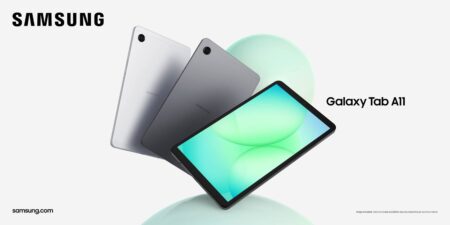
In the escalating smartphone wars, the battle for supremacy is being waged between Apple and Samsung Electronics. In the first quarter of 2012, it’s estimated the two companies consumed all of the industry’s profits and 74% of its revenues. Where does this leave BlackBerry’s Research in Motion (RIM), Nokia and dozens of other handset manufacturers?
Samsung’s new Google Android-powered Galaxy S3 smartphone went on sale in 28 countries this week, including SA. The handset has generated the sort of buzz usually reserved for an iPhone launch. More than 9m have been preordered, with estimates that sales will quickly pass the 20m mark achieved by the Galaxy S2.
Analysts say the next iPhone, which will be launched later this year, will have to be spectacular if Apple is to keep the Korean firm at bay. Already Samsung has blown past other smartphone manufacturers to take 30,6% market share worldwide in the first quarter of 2012. The company sold 44,5m smartphones in the first three months of the year against 35,1m for Apple.
The rise and rise of Apple and Samsung have hit other smartphone manufacturers hard. Finland’s Nokia, which hung on to the dated Symbian S60 platform for too long before tying its fate to Microsoft’s nascent Windows Phone operating system, has plunged into losses and has been retrenching thousands of employees. Its share price is down by 90% in five years.
Another casualty has been Canada’s RIM. Like Nokia, the company has clung to an outdated operating system for too long. Its plummeting market share has already cost cofounders Jim Balsillie and Mike Lazaridis their jobs. Belatedly, under new CEO Thorsten Heins, RIM is attempting to mount a comeback with its upcoming BlackBerry 10 software. But it’s coming too late to save thousands of jobs, with reports suggesting the company is about to announce swingeing cuts to its global workforce of 16 500 people.
BlackBerry is still strong in some emerging markets, such as SA, but a large part of this is due to the cheap data plans operators offer consumers. RIM’s rivals, including Nokia, are lobbying hard for operators to introduce the same fixed-rate, on-device data plans offered through the BlackBerry Internet Service. Expect similar tariffs for Android devices to follow, possibly as soon as this year.
RIM and Nokia find themselves trapped in a vice grip. At the high end of the smartphone market, they’re being squeezed by Samsung and Apple. At the low end, cheap and cheerful (but rapidly improving) Android devices from China are eroding their position, especially in emerging markets.
Taiwan’s HTC, which stumbled in 2011, is staging a comeback with its new line-up of “One” smartphones, particularly its new flagship, the One X, which is seen as a worthy adversary to the Galaxy S3. But without Samsung’s giant sales and marketing machinery, HTC will struggle to emerge from its niche.
Two companies to watch closely as the smartphone wars evolve through 2012 and into next year are Huawei and its smaller Chinese rival, ZTE. Both are developing surprisingly good Android-powered smartphones.
Huawei’s flagship Honor device, which provides all the features you’d expect to find in a high-end smartphone, retails for just R2 399. It’s not a Galaxy S3 or an iPhone 4S, but it’s a darn fine phone.
The stakes in the global smartphone market have never been higher. With the very survival of some of the world’s best-known brands at stake, the pace of innovation is accelerating. And, as Nokia and RIM have demonstrated, any slip-ups can prove hugely damaging.
As Samsung and Apple cement their dominance at the top of the smartphone pile, their rivals will be watching for any sign of weakness that allows them room to breathe. — (c) 2012 NewsCentral Media
- Duncan McLeod is editor of TechCentral; this column is also published in Financial Mail




